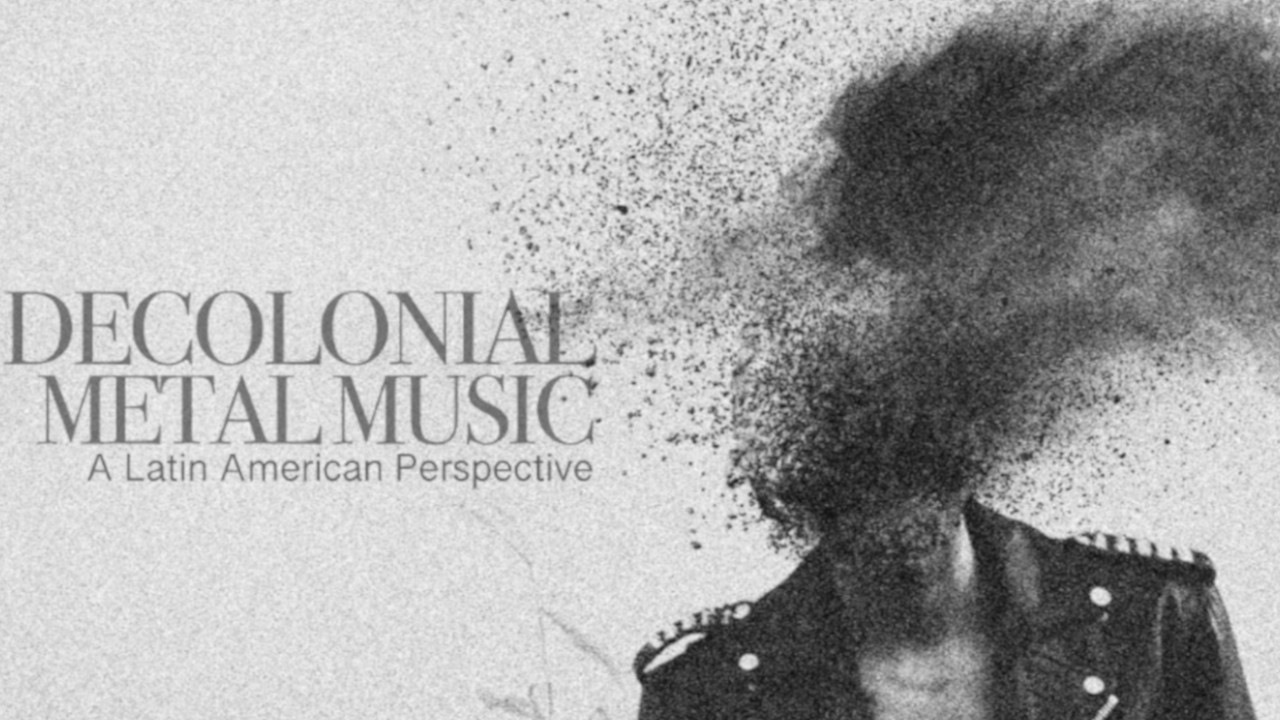When Brazil hosted the original Rock In Rio in 1985 it solidified Latin America's ties with heavy metal as a genre, cementing the region as a new destination for bands looking to adoring crowds away from the usual routes of Europe and the US.
But while the region has boasted a bubbling undercurrent of underground scenes (from black and death metal to thrash, heavy metal and beyond) in the near-four decades since, very few bands from Latin America have become household names in metal, with Sepultura seemingly the only band to threaten to genuinely cross over into the mainstream pantheon.
Luckily, filmmaker (and Professor at Florida International University) Nelson Varas-Díaz has been working tirelessly to shine a light on metal emergent scenes in the global south. Across the documentaries The Metal Islands, Songs Of Injustice and Acts Of Resistance (all of which are currently available for free on YouTube), Diaz has explored not just the stories of the bands that emerge but how heavy metal is impacting and benefitting communities in countries like Cuba, Chile, Colombia and Argentina (amongst others) and intersecting with local culture.
As part of his ongoing research into the impact and growth of metal in Latin America, Dr Varas-Díaz published the book Decolonial Metal in Latin America in late 2021, detailing the emergence of bands engaging in decolonial metal - using music as a way to reckon with the effects of colonialism and historical oppression that still affect the region today.
"The book is an ethnographic account of people I met while travelling and filming [those] documentaries," Varas-Díaz explains. "It's a reflection of the people I keep meeting while travelling through Latin America are using metal music to inform others and to transform themselves in the process of becoming aware of the ongoing legacy of colonialism in the region."
Hammer features editor Eleanor Goodman and staff writer Rich Hobson were invited onto a panel discussion with Nelson Varas-Díaz. Hosted by the International Society for Metal Music Studies (ISMMS), they discuss not only the book and Latin America's diverse metal scenes, but how bands like Alien Weaponry from other parts of the world are engaging in similar decolonial dialogues, confronting their past (and present issues they face) to build a better future.
Watch the panel discussion below:

For more info on the International Society For Metal Music Studies, visit https://metalstudies.org/about/
Decolonial Metal Music in Latin America is available now via Intellect Books

